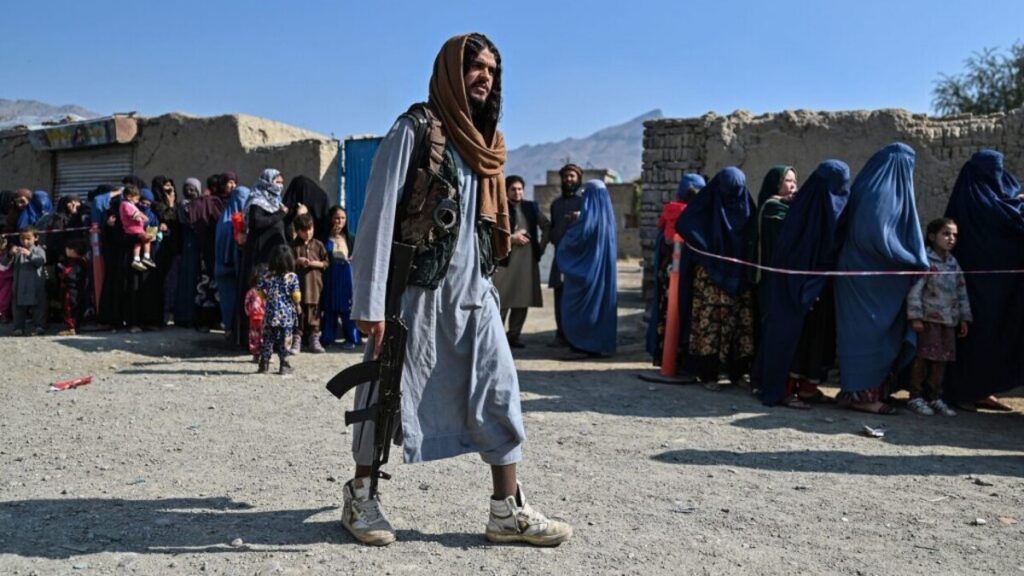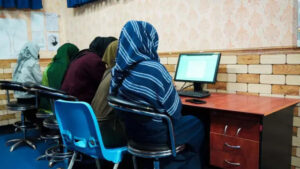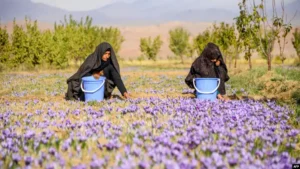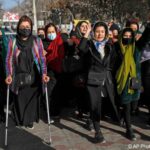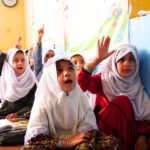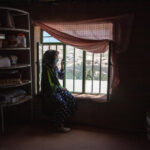The United Nations Development Programme (UNDP) has recently stated that women and girls in Afghanistan are currently facing significant challenges.
In a statement, the program noted that restrictions on education and employment have severely limited opportunities for many Afghan women and girls.
The statement also mentioned that some have turned to informal work to support themselves and their families.
While these roles are vital, they are often carried out without formal support or long-term stability.
It is worth noting that the UN Women also reported on June 16, 2024, that 8 out of every 10 young Afghan women are deprived of education, schooling, and employment.
According to the UN Women’s 2024 report on Afghanistan’s gender index, Afghan women and girls have fallen behind global human development standards following the takeover of the country by the de facto authorities.
The report indicated that Afghanistan has the second largest gender gap in the world, with 76% inequality between men and women in areas such as health, education, financial access, and participation in decision-making.
Since regaining control of Afghanistan, the de facto government has imposed widespread restrictions on the fundamental rights and freedoms of women, banning them from education and employment.
As a result, millions of school-aged girls have been deprived of education.
In addition, women have been banned from going to gyms, restaurants, public bathhouses, being examined by male doctors, traveling without a male guardian, and working with both domestic and international NGOs, as well as with UN agencies in Afghanistan.

